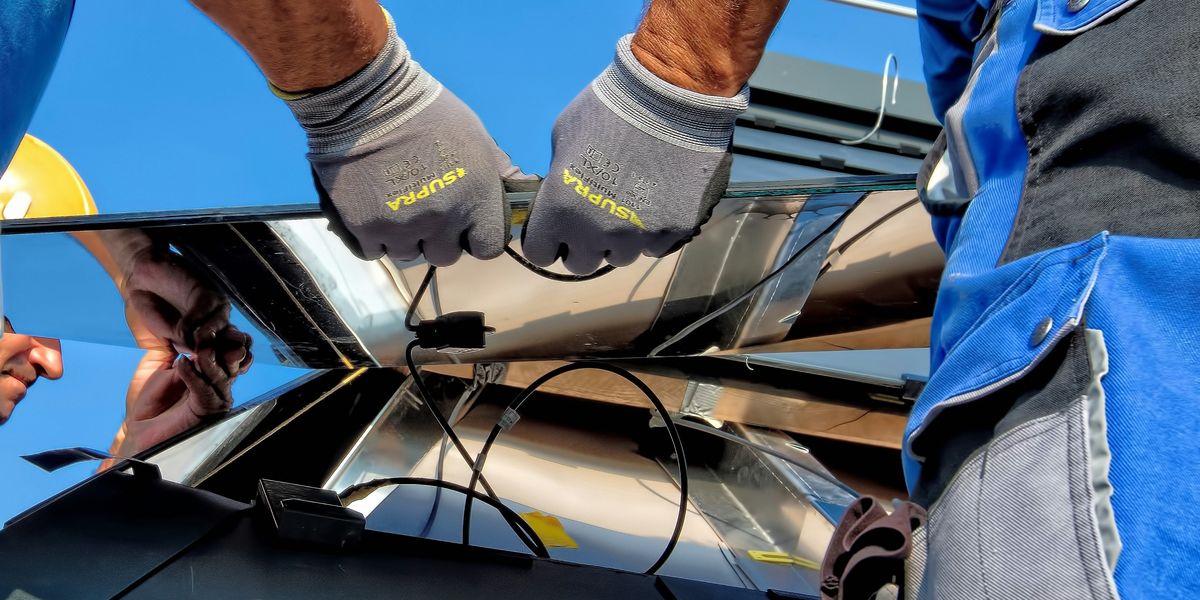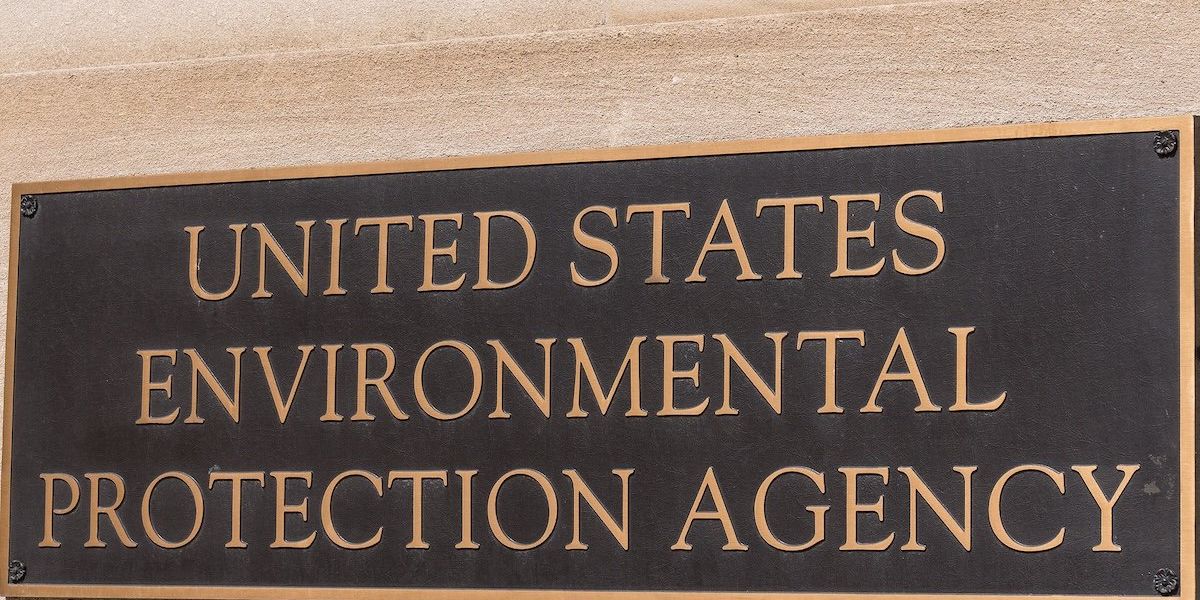paris agreement
Big oil companies fail climate goals and profit from war
Oil majors are falling short of Paris Agreement climate targets while benefiting from global conflicts, a new report reveals.
In short:
- Eight major oil companies are using 30% of the remaining carbon budget for limiting global warming to 1.5°C.
- These companies plan to increase oil and gas production, leading to a projected temperature rise of over 2.4°C.
- They are also implicated in fueling military conflicts, particularly by supplying crude oil to Israel amid its war crimes allegations.
Key quote:
“If an oil and gas company were serious about transitioning its business model, the first step would be ending all new production and then setting a Paris-aligned phaseout plan.”
— David Tong, global industry campaign manager at Oil Change International
Why this matters:
As geopolitical tensions drive up energy prices, oil majors are reaping substantial profits. The windfall from conflicts, such as the ongoing strife in Ukraine, has filled the coffers of these companies, enabling them to report record earnings. This financial boon contrasts sharply with their lagging progress on emissions reductions and investment in sustainable energy sources.
Scotland revises its climate goal
Scotland will no longer pursue its 2030 goal of a 75% reduction in greenhouse gas emissions, although it aims to achieve net-zero by 2045.
In short:
- Scotland has missed most of its recent annual climate targets, prompting a reevaluation of its goals.
- The original target was set amid strong public and political pressure for aggressive climate action.
- Future strategies may focus on setting realistic carbon budgets rather than strict annual targets.
Key quote:
The party is " ... absolutely determined to accelerate the urgent and substantial action needed to tackle the climate crisis."
— Mark Ruskell, Scottish Greens climate spokesman
Why this matters:
Meeting global warming targets, such as keeping temperature rises below 1.5 degrees Celsius, relies on all countries pushing for maximum feasible reductions in emissions. Any reduction in commitment by significant players like Scotland could hinder global efforts to meet these critical thresholds.
In 2019, Douglas Fischer wrote that three-quarters of the Paris Agreement pledges were inadequate to meet global climate goals – with many unlikely to be achieved at all.
Former US climate chief criticizes leaders for slowing climate action
Todd Stern, former U.S. climate envoy, criticizes political leaders for their cautious approach to climate change, claiming it jeopardizes global safety.
In short:
- Todd Stern rebukes leaders who advocate for slowing down decarbonization, arguing it leads to global catastrophe.
- Stern emphasizes that advancements in renewable energy and technology prove that achieving net-zero emissions by 2050 is feasible.
- He warns against the dangers of right-wing populism in Europe, which may undermine climate action efforts.
Key quote:
"We are slowed down by those who think of themselves as grownups and believe decarbonisation at the speed the climate community calls for is unrealistic."
— Todd Stern, former U.S. Climate Envoy
Why this matters:
International agreements such as the Paris Agreement have set targets for reducing greenhouse gas emissions and limiting global warming. However, progress towards these goals has been slow, with many countries failing to meet their obligations or setting insufficiently ambitious targets. Fossil fuel industries and other vested interests often lobby against regulations aimed at reducing emissions, leading to inertia or resistance in implementing climate policies.



















